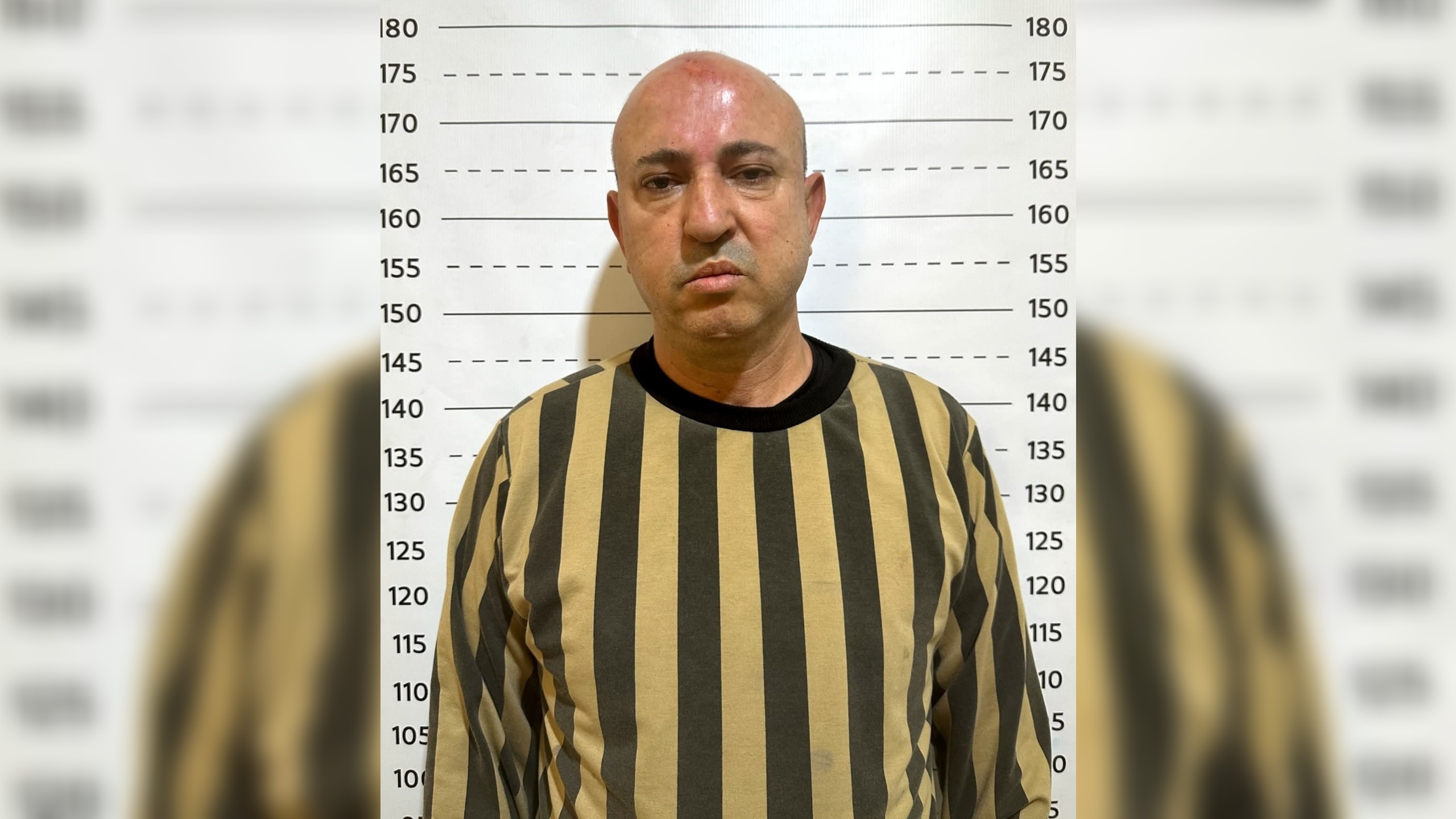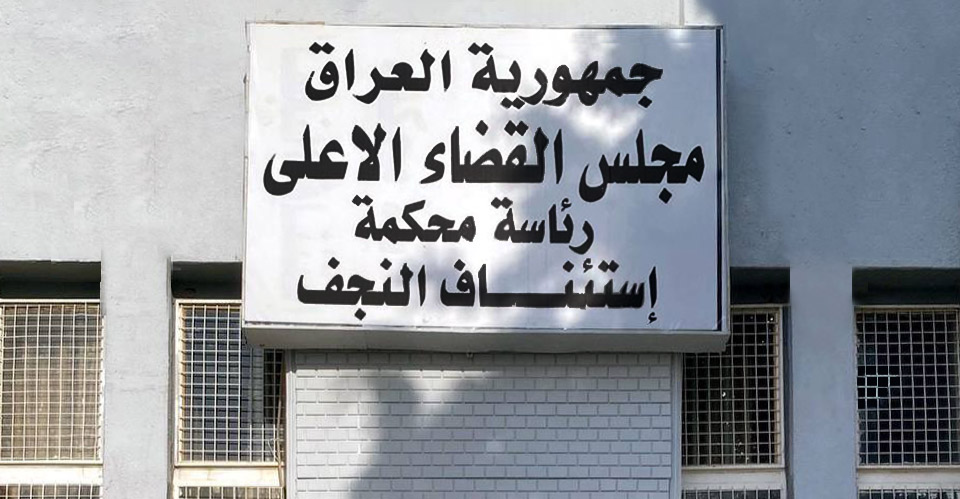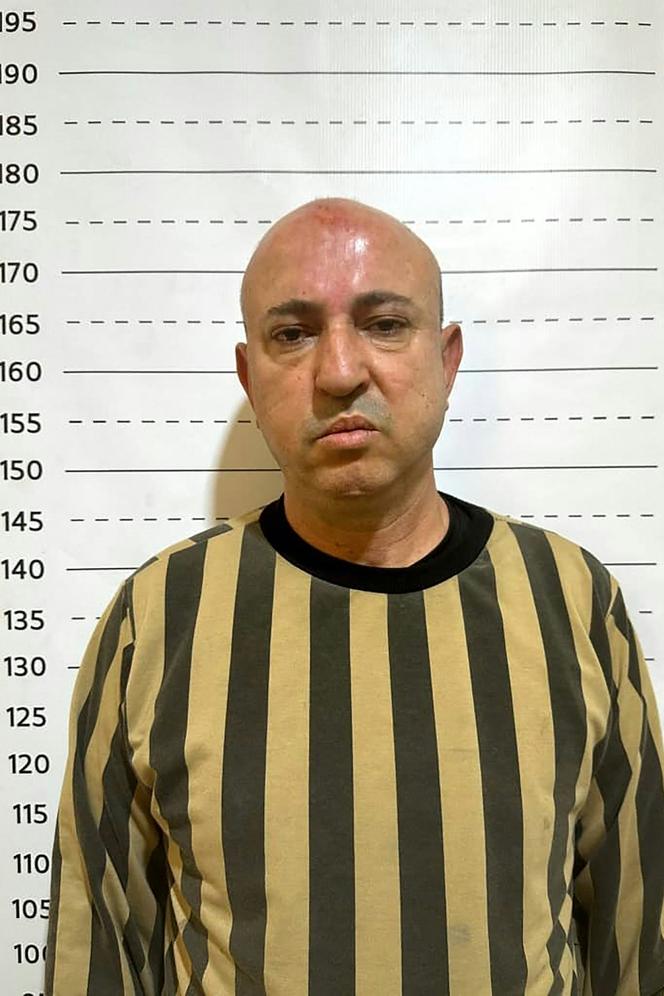
Syrian authorities announced Saturday the arrest of Waseem al-Assad, a cousin of toppled leader Bashar Assad and a high-profile figure linked to drug trafficking and sanctioned by the United States, in a coordinated security operation near the Lebanese border. The arrest was carried out by Syria’s General Intelligence Directorate and Internal Security Forces in the Homs countryside.
According to a spokesperson from the Ministry of Interior, the operation involved a “precise ambush” set by Special Tasks Management teams, resulting in al-Assad’s capture as he attempted to cross the Syrian-Lebanese border. The spokesperson described Al-Assad as “one of the most prominent figures involved in drug trafficking and committing crimes during the Assad regime period,” emphasizing his detrimental impact on public security.
A security source confirmed the operation’s success, attributing it to close coordination between Syria’s key security agencies. The arrest, while framed as part of Damascus’s broader campaign against organized crime, holds additional weight due to al-Assad’s inclusion on the US Treasury Department’s sanctions list. The United States has accused him of contributing to human rights abuses and participating in networks involved in smuggling and narcotics production.
Al-Assad’s name appears on a list of individuals sanctioned under the Caesar Syria Civilian Protection Act, which imposes asset freezes, travel bans, and restrictions on financial transactions. The law targets those accused of supporting the Syrian regime’s repressive infrastructure, including key members of the Assad family and affiliated business networks.
The US government has stated that the sanctions aim to disrupt “networks of corruption and organized crime” that have flourished during Syria’s prolonged civil conflict. Officials in Washington see such arrests as evidence that sanctions are not merely symbolic but are part of a broader effort to isolate regime-linked figures and dismantle their operational capabilities.
The Ministry of Interior cast the operation as a message to other wanted figures in Syria and the region. Authorities say the arrest reinforces the state’s capacity to track and apprehend individuals involved in criminal networks that threaten internal stability, particularly those profiting from the country’s worsening economic crisis.
The timing of the arrest aligns with increased international scrutiny of the Assad regime and growing demands for accountability. Syria has faced mounting pressure to curb corruption and address human rights violations. Western powers have repeatedly linked any prospects for reconstruction aid or political normalization to concrete steps toward reform.
The operation may also have implications for Syrian-Lebanese relations, especially given recent tensions between the two neighbors over border security and smuggling routes. Al-Assad was detained near a major smuggling corridor, raising speculation that the arrest was part of a joint effort or at least involved coordination between Beirut and Damascus. While Lebanese authorities have not commented publicly, regional analysts suggest the move could signal increased cooperation in tackling cross-border crime.
Al-Assad’s detention may also play into internal dynamics within Syria’s security and political elite. Some analysts believe the arrest could serve as a signal by Damascus to external actors—including the United States and European Union—that it is willing to take limited steps toward confronting corruption and criminality within its own ranks, even when it involves members of the Assad family.
While the long-term impact of the arrest remains uncertain, it represents a rare case of the Syrian government targeting a figure directly linked to the regime’s extended inner circle. The event could strengthen claims by Damascus that it is capable of reasserting control and restoring order, even as many critics argue that such moves are selective and politically motivated.
The United States has not commented on the arrest, but American officials in recent months have emphasized the need for continued pressure on Damascus to engage in a meaningful political transition.



